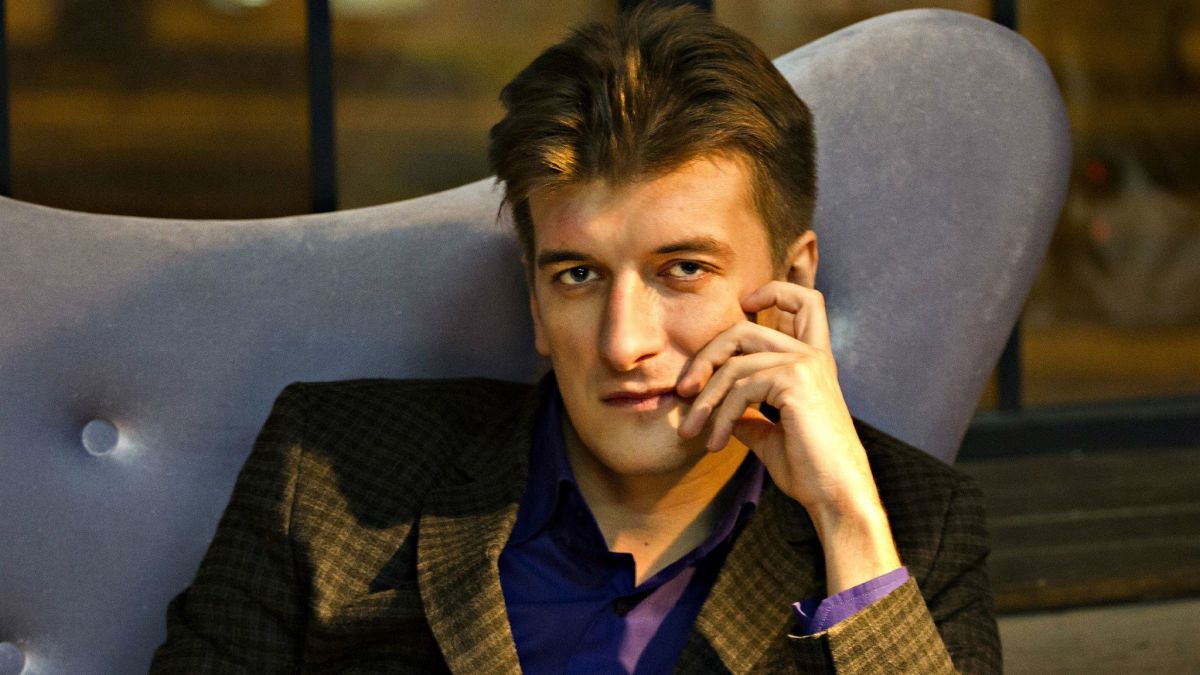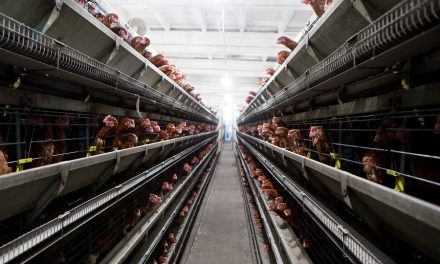On April 12th, Maxim Borodin, a Russian investigative journalist who wrote about the deaths of mercenaries in Syria, died in the hospital after (allegedly) falling from his fifth-floor flat. Officials said no suicide note was found and that his death was unlikely due to foul play. (His door was locked from the inside.)
His friend, Vyacheslav Bashkov, however, paints a different picture.
The day before Bashkov, who described Borodin as an honest journalist, said Borodin had contacted him at five a.m. because there was “someone with a weapon on his balcony and people in camouflage and masks on the staircase landing”.1 Although Borodin would later call his friend back to say it appeared the security men were taking part in some sort of exercise, Bashkov wondes if something more nefarious had actually happened. And he’s not alone.
Borodin’s colleagues at Novy Den (New Day), a news agency, were also quick to dismiss the theory of suicide, adding that he had just recently been promoted. His colleague Yekaterina Norseyeva, said “Any media outlet would have been lucky to have him. He was talented, devoted, and very professional. Maksim was famous for his investigative reports about state corruption and about the Wagner group’s soldiers dying in Syria.”2
It’s possible that Borodin had attracted the attention of the Kremlin. Back in February, Borodin wrote about the Russian mercenaries known as the “Wagner Group” (Russia’s secretive private military force that is fighting in eastern Ukraine and in Syria) who were reportedly killed in Syria in a confrontation with US forces.
The topic is a dangerous one for “provincial reporters” to cover, according to Ruslan Leviyev, the leader of the Conflict Intelligence Team investigating Wagner:
“It is more dangerous for provincial reporters to cover Wagner, a private army sponsored by [Yevgeny] Prigozhin, Putin’s friend; it’s safer for us, journalists based in Moscow, where civil groups and free media can always make noise. In any provincial town journalists can be quietly killed for their reports on the way home in some dark courtyard, without any big coverage.”3
Borodin had also investigated political scandals. Which are just as dangerous.
https://www.youtube.com/watch?v=LkM1mcdcLEI
The truth is, being a journalist in Russia is dangerous as most of Russia’s media is controlled by the state and Russia is ranked 83rd out of 100 countries for press freedom by Freedom House.4
- On the same day that Maxim Borodin was found fatally injured, the editor of an official regional newspaper was assaulted in Yekaterinburg.
- One of Russia’s best-known investigative reporters, Anna Politkovskaya, was shot dead in a lift at her block of flats in 2006 (she had exposed Russian human rights abuses in Chechnya).
- In 2008 journalist Mikhail Beketov was left brain-damaged. He had highlighted corruption and fought against the planned destruction of the Khimki forest near Moscow to make way for a road. He died in 2013.
- Oleg Kashin was severely injured in an assault in Moscow in 2010. He had been reporting on protests against the Khimki forest highway.
- Well-known Russian radio presenter Tatyana Felgengauer was stabbed in the neck while at work at her radio station, Ekho Mosvky.
Given the fact that Putin is still in charge and his many “friends,” who owe him a lot, exist in very high places, digging into their private business is frowned upon. (Did you know that Putin is suspected to actually be the wealthiest man in the world, with an estimated wealth of well over $100 BILLION? That’s more than Amazon’s Jeff Bezos.)
RELATED STORY:
Every year, Russia watches their independent reporters get attacked while the state does nothing to protect them. They are so brave. We applaud and appreciate the men and women willing to do whatever is necessary to share the truth.
Our thoughts are with his family.












